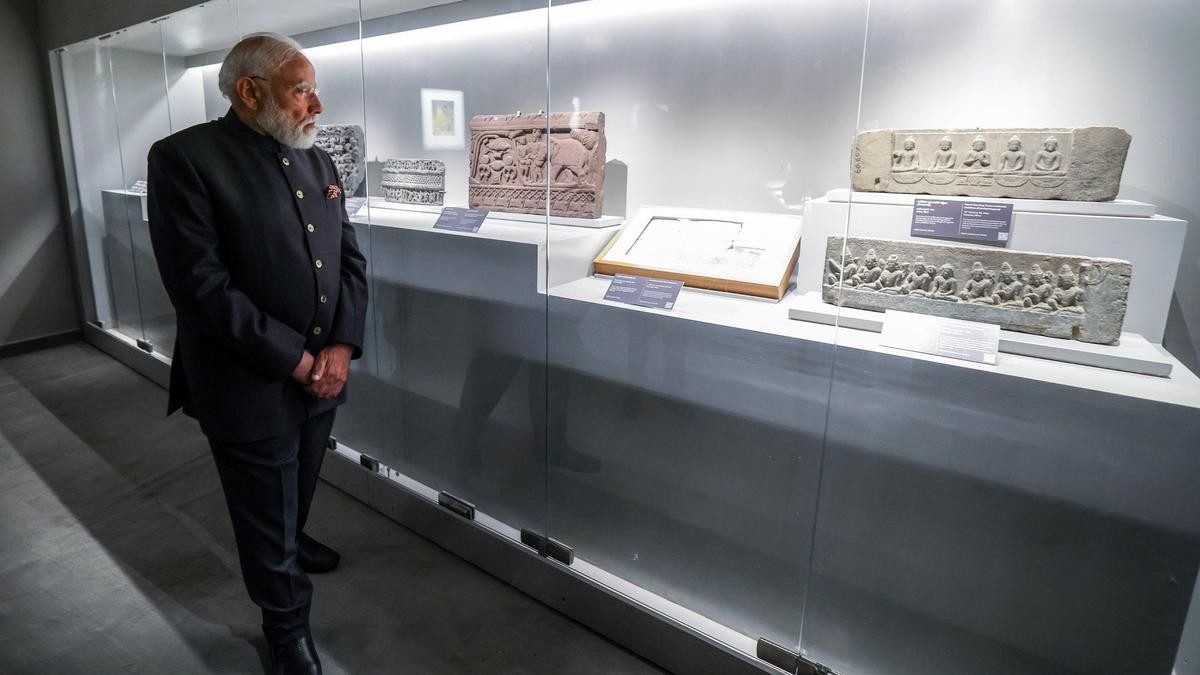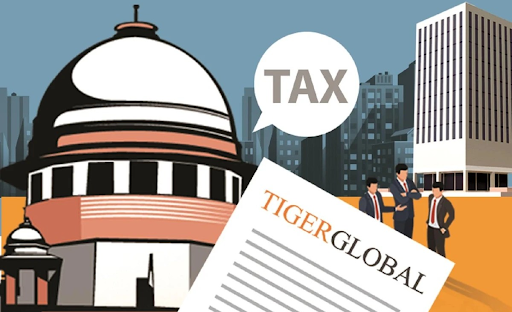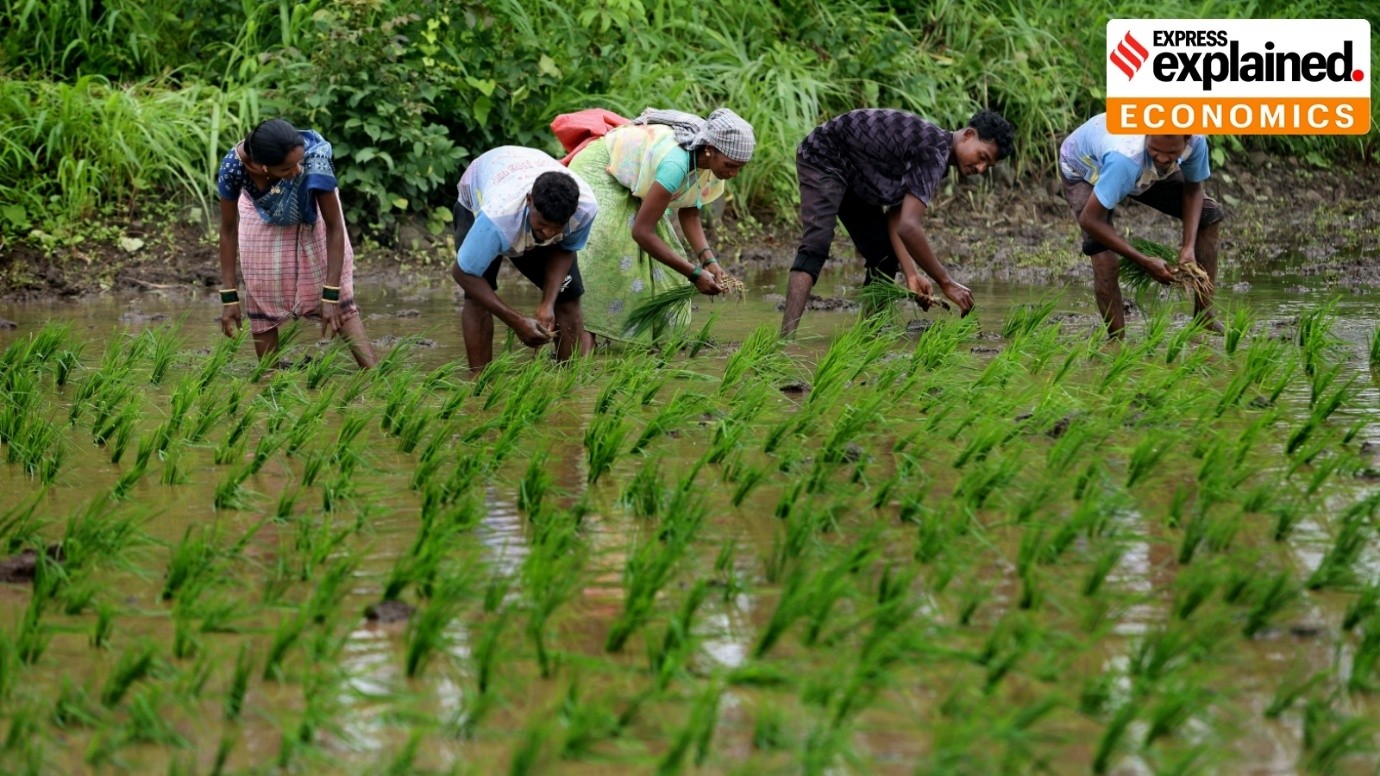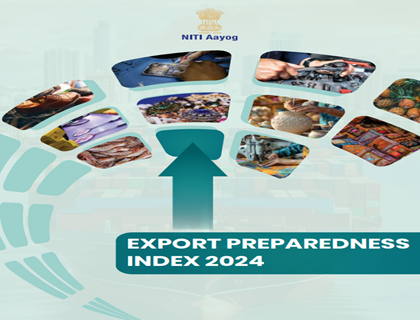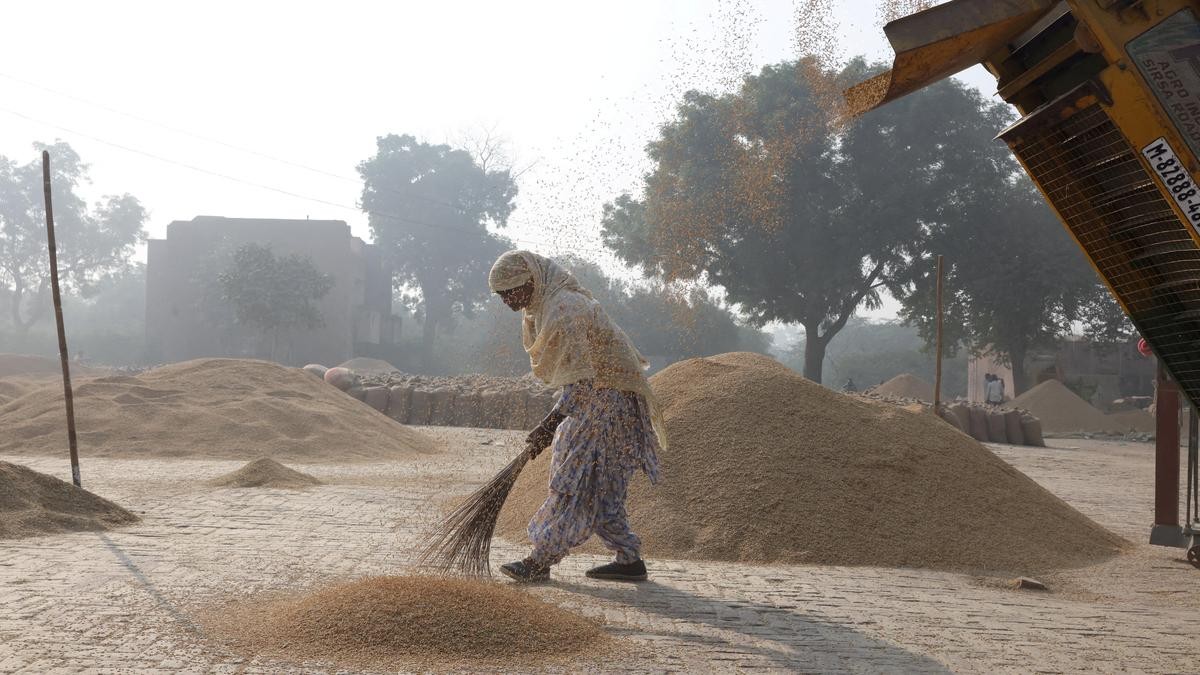Description
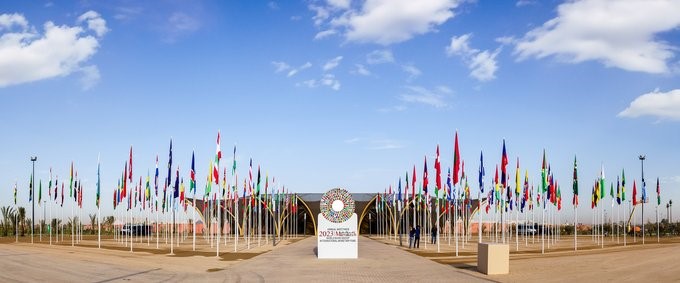
Disclaimer: Copyright infringement not intended.
Context:
- Antonio Guterres has highlighted Multilateral Development Banks Reform as a key theme for this year's Summit of the Future, to be held during the annual high-level UN General Assembly meeting in September.
- He praised the efforts of the Indian G20 presidency in advancing this agenda.
READ DETAILED ARTICLES ON MULTILATERAL DEVELOPMENT BANKS REFORMS:
https://www.iasgyan.in/rstv/multilateral-institutions-need-for-reforms
https://www.iasgyan.in/daily-current-affairs/reforms-in-multilateral-development-banks
Emphasis on Principles of Equality and Inclusivity
- The UN leadership has highlighted the IEG's emphasis on principles such as equality, shared prosperity, and inclusivity.
- These principles are fundamental to the UN's values and goals, reflecting a commitment to ensuring that development efforts benefit all segments of society.
- By aligning with these principles, the IEG's work is seen as contributing to a more equitable and sustainable approach to global development financing.

Bridging Global North-South Divide
- The differing views on MDB reform between the global North and South have created a significant divide.
- The UN, recognizing this challenge, sees itself as having a "moral responsibility" to represent the interests of the global South in these discussions.
- This role is particularly crucial in addressing the needs of low- and middle-income countries that often lack the resources to support their development aspirations.
- The UN's focus on sustainable infrastructure reflects a recognition of the importance of infrastructure development in driving economic growth in these countries.
Focus Areas for the High-Level Summit
- Alongside climate change and poverty alleviation, MDB reform and coordination among different banks will be given "high focus" at this year's high-level summit.
- This indicates the UN's commitment to driving meaningful reforms in global development financing.
|
Multilateral Development Banks (MDBs)
Evolution of Multilateral Development Banks (MDBs)
- Origins: After World War II, MDBs like the World Bank were created to help rebuild war-torn countries.
- Shift in Focus: Over time, their role expanded to include supporting development and reducing poverty worldwide.
Calls for MDB Reform
- Reasons: Recent discussions, including at COP27 and by G20 leaders, have emphasized the need for MDB reform.
- Focus: Many suggest increasing funding, but simply adding money may not solve all the challenges MDBs face.
Ideal Characteristics of a Reformed MDB
- Building on Experience: Instead of starting over, a reformed MDB would keep what works and align its goals with global targets, like fighting climate change and reducing poverty.
- Smart Money Use: It would continue to use funds from countries wisely, investing in things like infrastructure and institutions.
Three Key Shifts for a 21st Century MDB
- Goals and Targets: The ideal bank would focus on helping countries develop sustainably, considering the environment and climate change.
- Working Together: MDBs would work better together, helping countries create plans that fit their needs while getting consistent support.
- Partnerships with Business: The bank would work closely with businesses to find new ways to finance projects that benefit both business and the environment.
Conclusion
- Reforming MDBs is crucial for addressing modern challenges. By focusing on global goals, collaborating effectively, and partnering with businesses, MDBs can better assist countries with their climate and development needs.Top of Form
|
READ DETAILED ARTICLES ON MULTILATERAL DEVELOPMENT BANKS REFORMS:
https://www.iasgyan.in/rstv/multilateral-institutions-need-for-reforms
https://www.iasgyan.in/daily-current-affairs/reforms-in-multilateral-development-banks
|
PRACTICE QUESTION
Q. What is the importance of reforming Multilateral Development Banks (MDBs) in addressing current global challenges? How can these reforms help MDBs tackle pressing issues like climate change and sustainable development more effectively?
|








